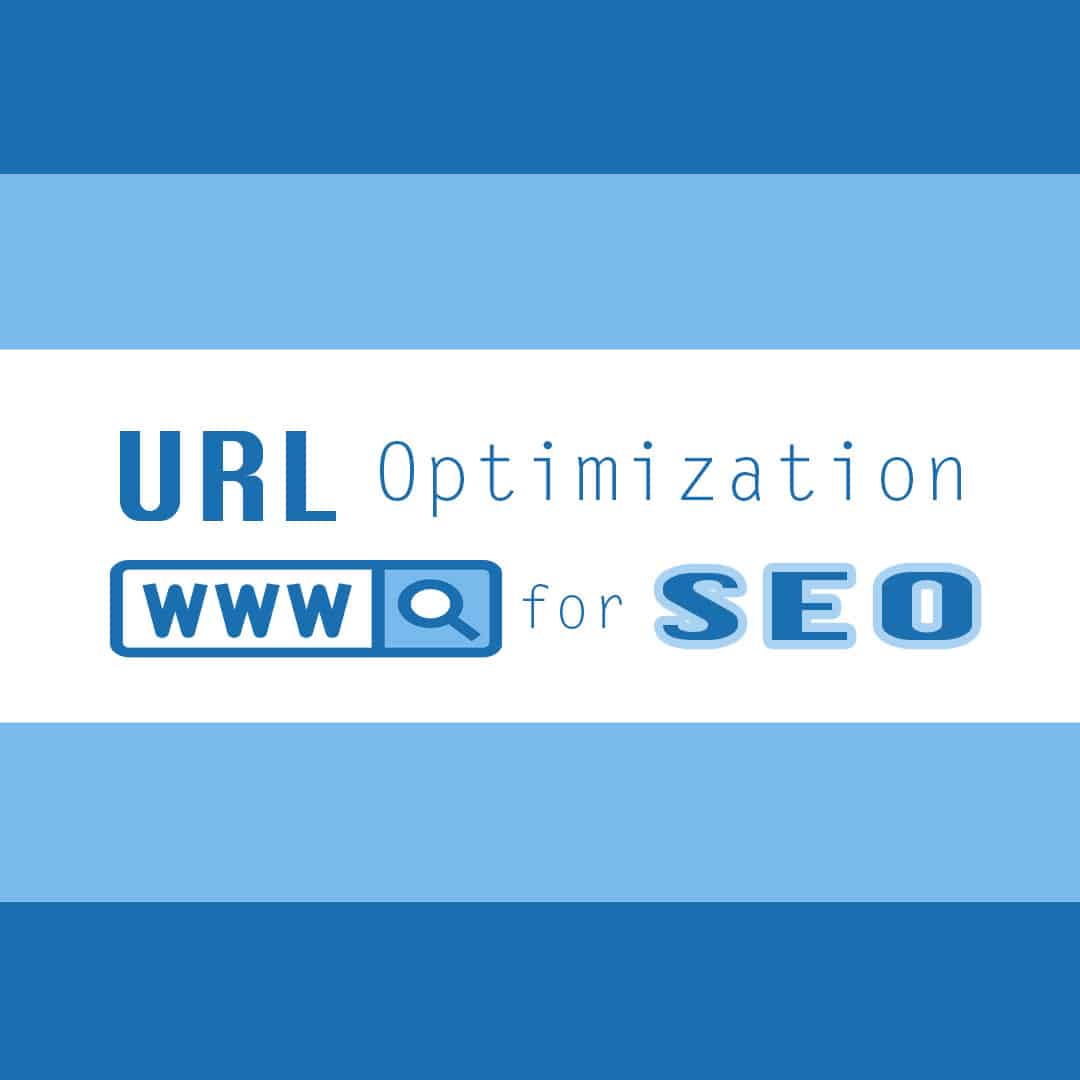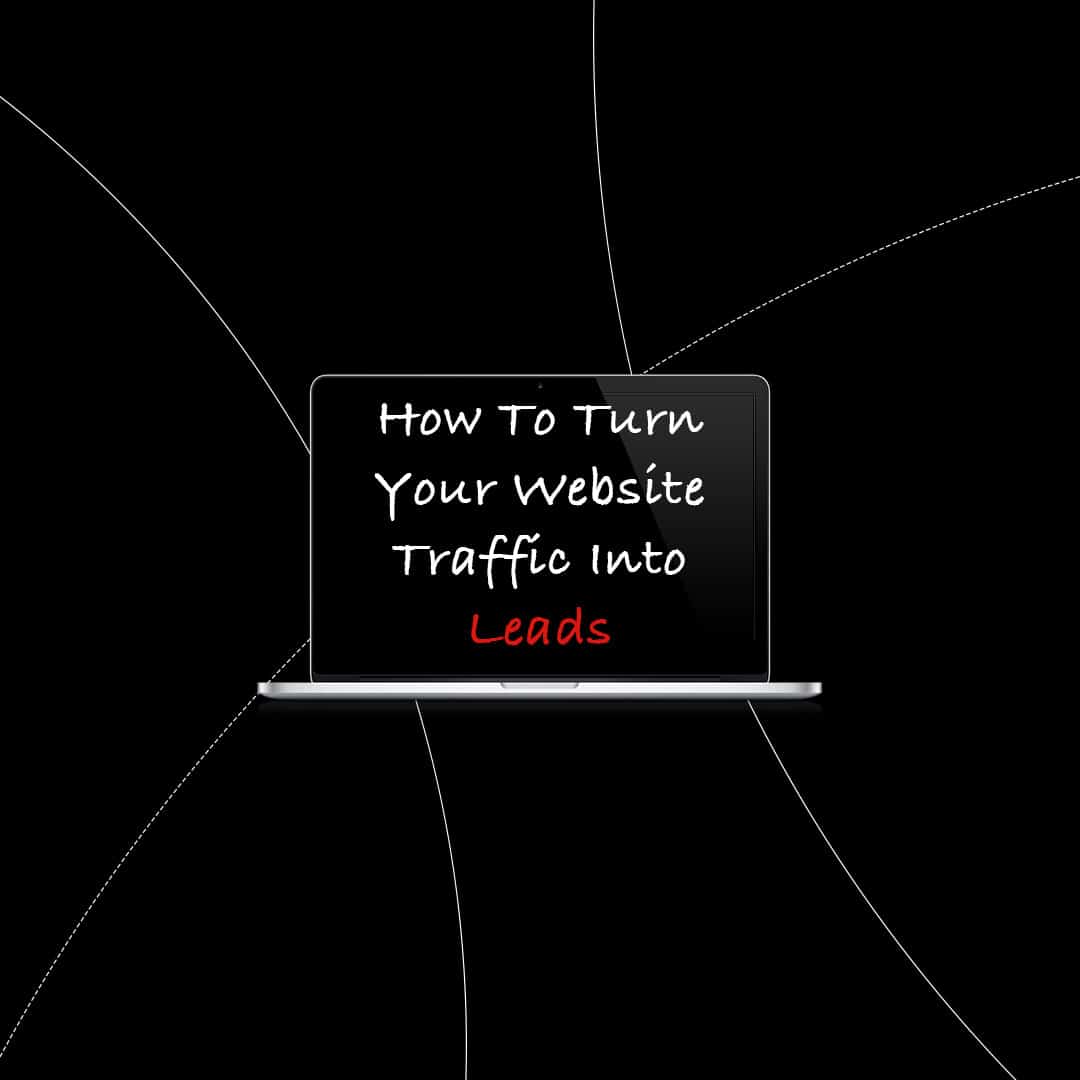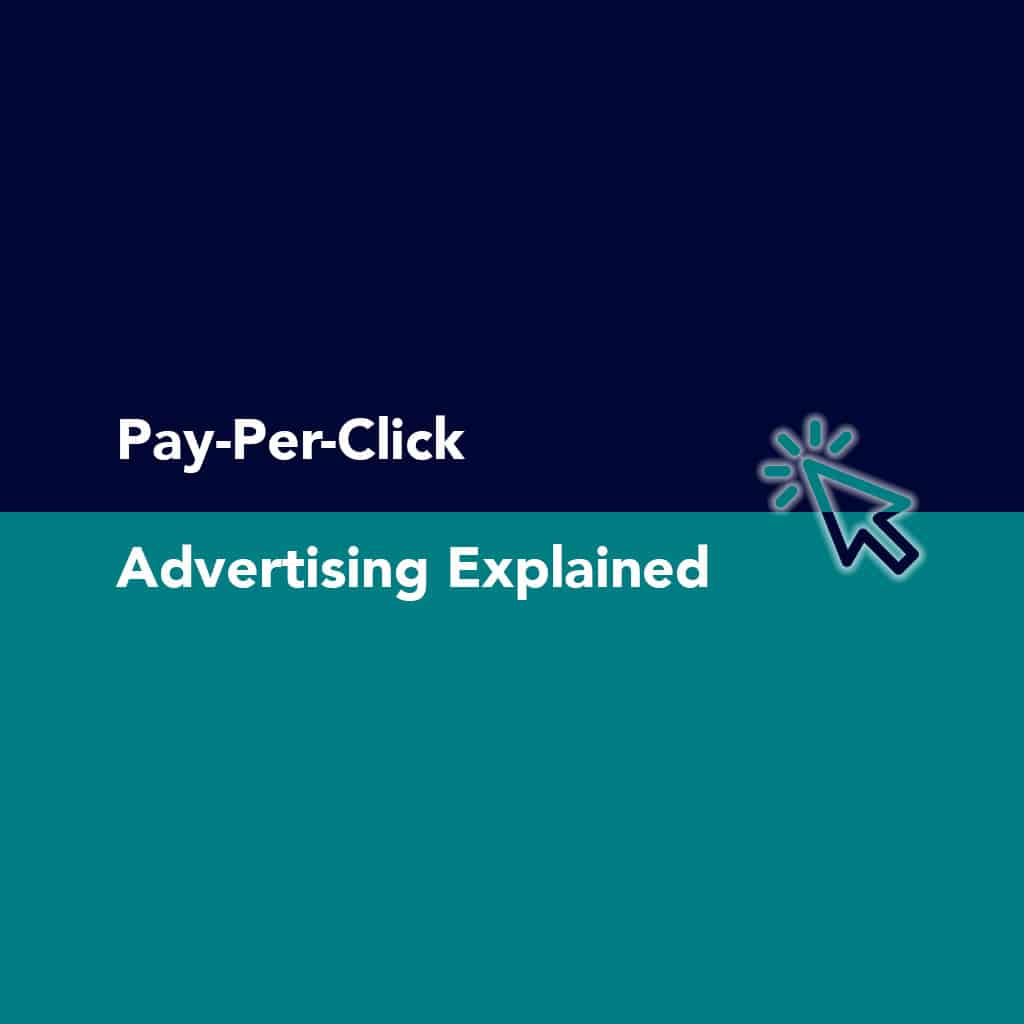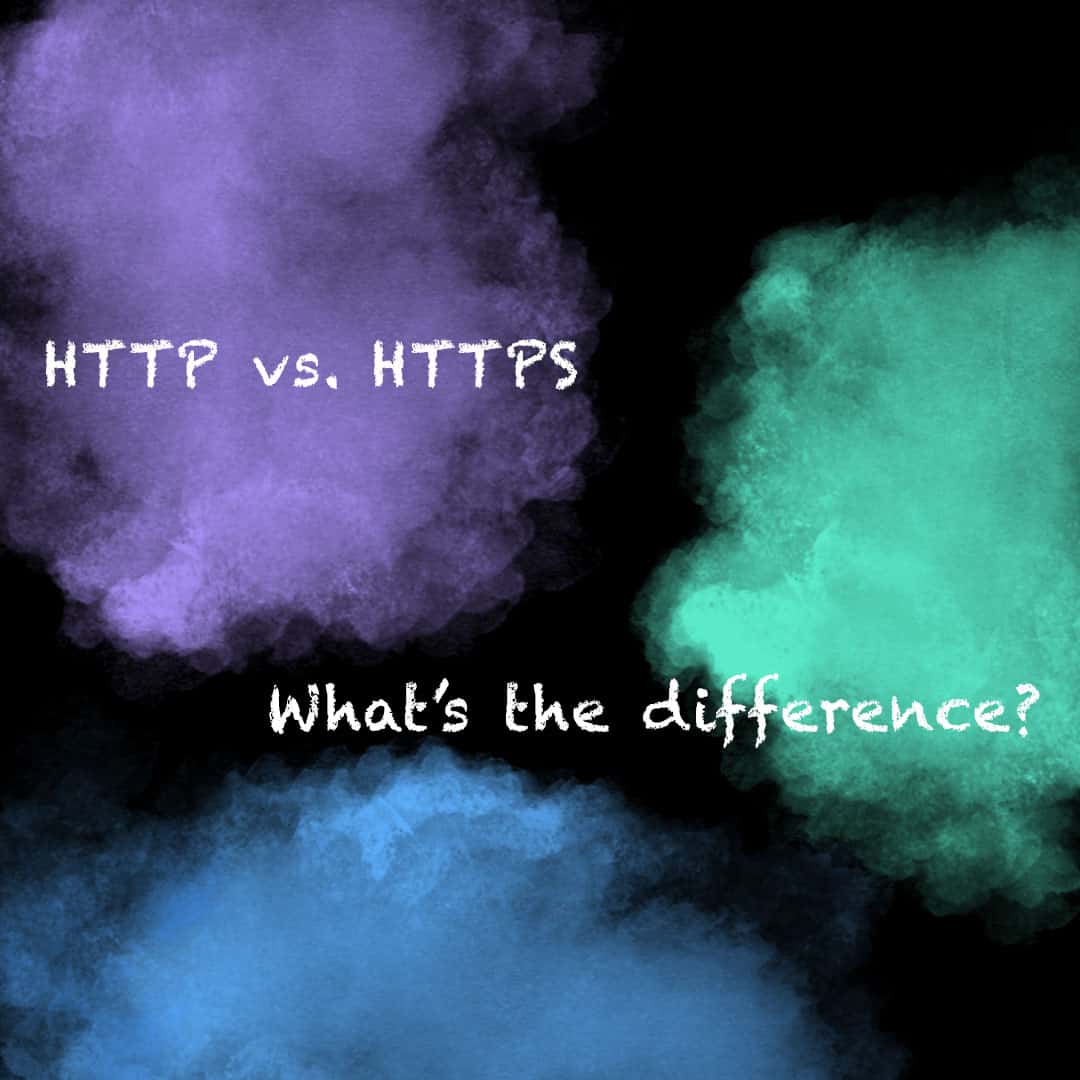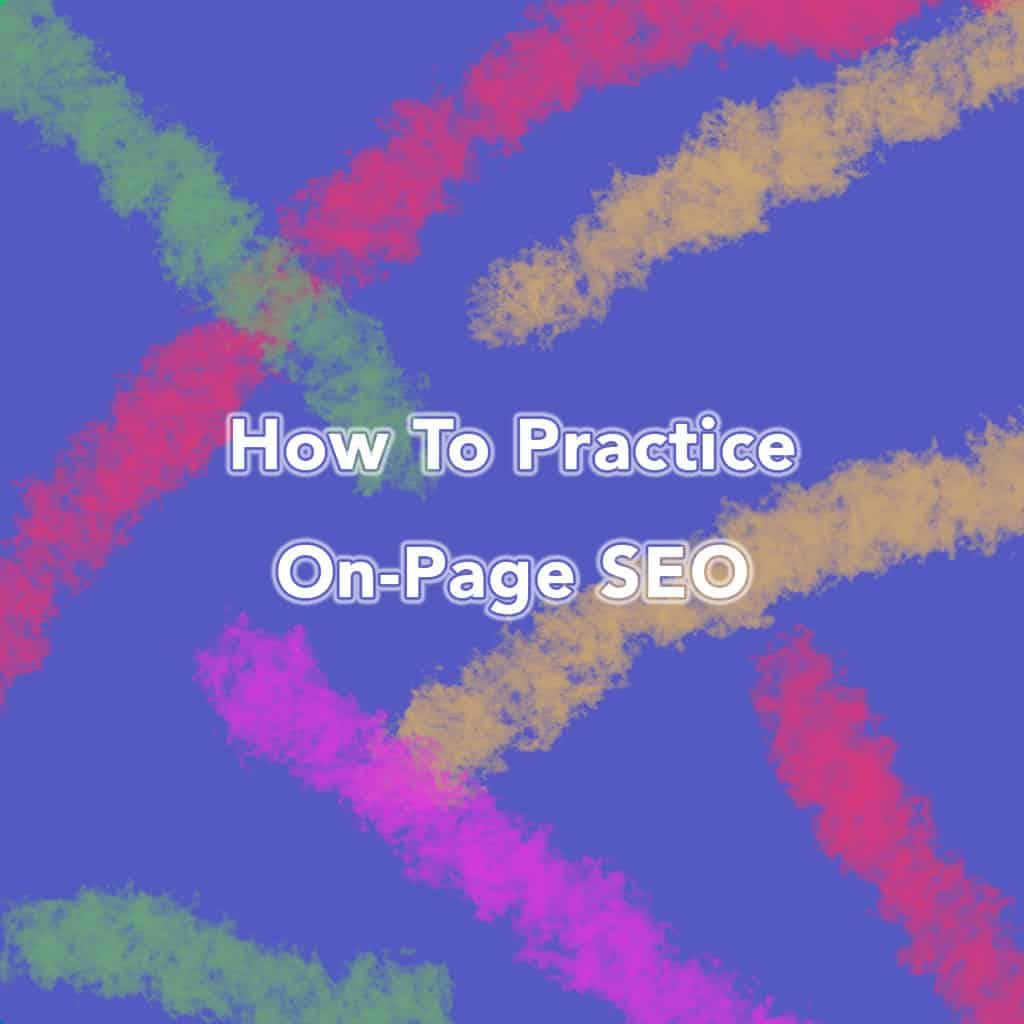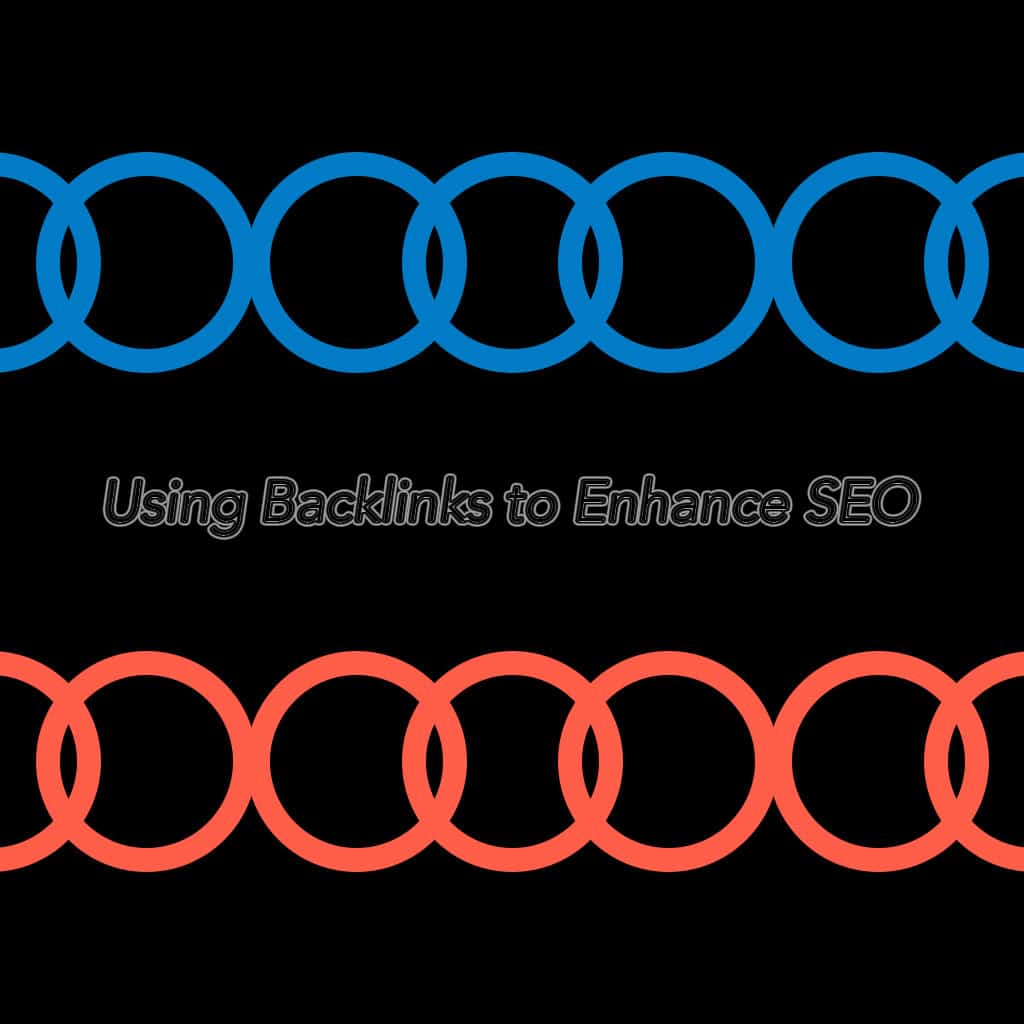-
URL Optimization for SEO
In WordPress, after you create a new post and enter the title, a URL is automatically generated for you. You can enjoy the convenience and use the default URL. Or, you can take your digital marketing game to the next level and optimize your URL for best SEO. Here is what you can do. First, you need to consider the length of the URL. According to the research by Backlinko, shorter URLs have better performance on search engine result pages. A length between 50-60 characters can help the page rank higher. Second, it is important to create a URL with 3-5 words, which ideally are words that summarize the content…
-
How To Turn Your Website Traffic Into Leads
In digital marketing, creating engaging content is the means to the end of generating new leads. It is a crucial step on the path that leads to the final sale. Lead generation is “the way that you attract and get people to give you their contact information.” People who are interested in purchasing your products or services and allow you to contact them are called leads. After you create and execute a successful SEO plan for your website, you are likely to get more traffic. How to turn the hardly-gained traffic into leads? Here are several things that you can do. Creating a lead magnet and offer it to your…
-
What’s the difference? HTTP vs. HTTPS
If you have ever paid attention to the address bar of your browser, you probably know that there is “http” or “https” preceding your domain name. What do they mean, and what’s the difference? HTTP stands for HyperText Transfer Protocol, which is a protocol for sending and receiving information on the internet. Since 2014, Google has been encouraging websites to adopt a secure protocol, HTTPS. The “S” stands for “secure.” When you see HTTPS, you know the website has the Secure Socket Layer (SSL) certificate that ensures the privacy of data passed between your browser and the web server. When your website doesn’t have the SSL certificate and the…
-
How To Practice On-Page SEO
After doing keyword research, you can now implement your SEO strategy on your webpages. The most important thing to bear in mind is that you create content to help online search engine users. The content on your website should answer the questions posed by these users. No matter how search engines change their algorithms, the end goal is always finding the most helpful and relevant content for the users. That being said, it is easy to understand why some old, low-value practices are not the solution. There once was a time when some websites simply stuffed their pages with keywords and ranked high in search results, but search engines…
-
Using Backlinks to Enhance SEO
Backlinking is one of the most important factors that search engines use to evaluate whether a website should be ranked higher. According to Optinmonster, backlinking is among the top ten most critical SEO ranking factors. In the SEO area, the term “backlink“, aka “inbound link,” refers to “a hyperlink that links from a webpage, back to your own webpage or website.” All backlinks do not have equal value to search engines. Backlinks have higher value when they are from a website with higher domain authority. For example, a backlink generated on The New York Times website is far more valuable than that from a lesser-known blogger’s website. You can…
